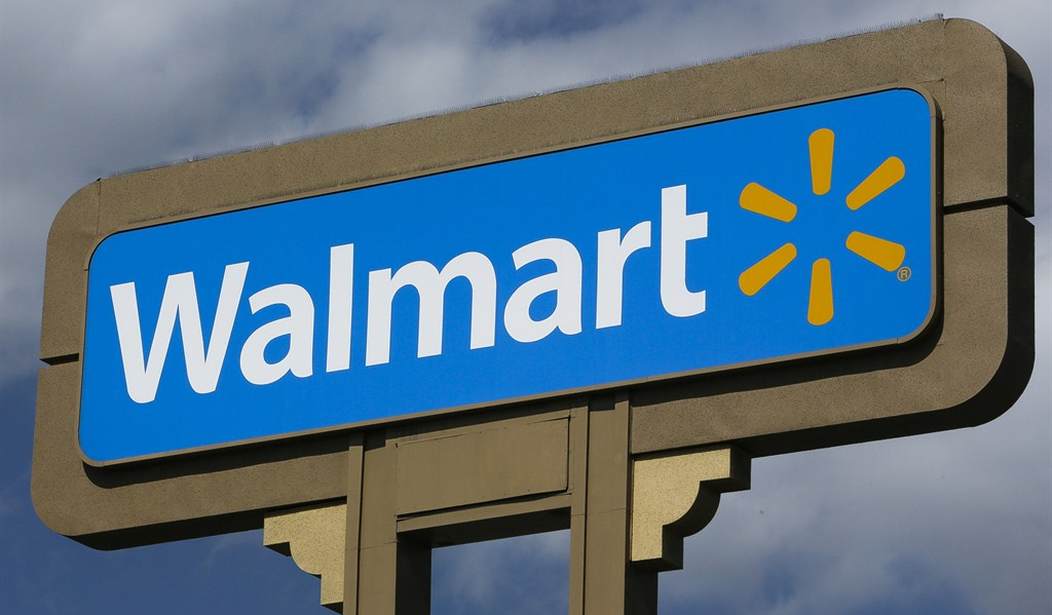Typically environmental organizations target consumers with overwrought warnings of how some everyday product or activity is destroying the world and threatening their health. Yet now, activists are turning their targets toward major retailers. These companies should reject these scare tactics, which will harm not only their businesses, but consumers too.
The “Mind the Store” campaign, the latest initiative of a radical environmental organization, pressures the nation’s top ten largest retailers to remove products from store shelves that contain, in any amount, a list of one hundred chemicals the organization deems hazardous. Following the alarmism playbook, the organization claims these chemicals are linked to a variety of frightening health problems like hormone disruption, cancer, and birth defects despite the overwhelming body of scientific evidence to the contrary.
Alarmism about chemicals is nothing new. Environmental groups have long disseminated their exaggerated claims through the media to consumers in the hopes that Americans would be scared into altering their purchasing habits and would start demanding chemical-free products.
This strategy had some success. Bisphenol-A, a chemical used to make plastics more durable and to prevent bacterial contamination in canned food, is no longer used in certain products. Why? Not because BPA is unsafe—it has been used in products for over 60 years and has been declared safe by every major international health agency—but because faced with myriad looming state and local bans and restrictions on the chemical, manufacturers actually asked the FDA to ban its use in certain baby products. From the manufacturers’ standpoint, it’s far easier to face one outright ban of even this useful, perfectly safe and reliable chemical, than to try to comply with thousands of regulations.
Recommended
Yet, in this sluggish economy, environmental groups have found that fear mongering is less effective than it once was. Americans appear less willing to pay more for products based on flimsy science. Consequently, these groups turned their attention to the retailers--demanding retailers stop offering certain products. The logic goes: if we can’t scare consumers into behaving, we’ll take away their choices.
Americans who assume such groups are harmless distractions might be shocked to learn what compliance with the “Mind the Store” campaign actually means. Thousands of common items would be removed from store shelves and would become hard to find. In their place will be higher priced alternatives which at best don’t work as well and spoil easily, and at worst cause an uptick in food borne illnesses, skin irritations, and other infections as food and many other products are left vulnerable to dangerous bacteria.
Sure, ultimately alternative, chemical-free products might improve in price and quality as they compete for market-share, but it’s worth asking: will manufacturers be interested in developing new products when they might be targeted by similar campaigns in the future? And how long will this overhaul take? Likely years, considering the hoops through which manufacturers have to jump to bring new products to market. Meanwhile, people will be forced to pay more to use inferior products.
That’s a fact often lost in the conversation about chemicals. Organizations vilify them, and suggest that their benefits are negligible and use is unnecessary. Yet these chemicals actually make products better, safer, more durable, longer lasting, and a lot more affordable—which is why they became so widespread in the first place.
For instance, among the chemicals the campaign wants removed are phthalates, formaldehyde, and certain flame retardants. While the anti-chemical activists will tell you those hard-to-pronounce words are just harmful additives, the truth is phthalates are added to plastics to make toys less breakable, and therefore, less harmful to children. That’s important to parents who worry their children could choke on shards of a broken plastic toy. Flame retardants, which are now common in furniture and building materials, are largely responsible for the sharp decline in household fires since the 1970s. Formaldehyde, which is used in personal care products, helps prevent bacterial growth.
Consumers who want to purchase products free of certain chemicals are able to do so since there is no shortage of alternative products already in the marketplace. Yet, consumers deserve other options too: the option to make use of the most-advanced new technologies and substances, which have typically been subject to aggressive government oversight and testing.
Consumers may not be the direct targets of the “Mind the Store” campaign, but they have a lot at stake. They should encourage stores to reject the radical environmentalists’ strong arm tactics and tell those groups to mind their own business.

























Join the conversation as a VIP Member